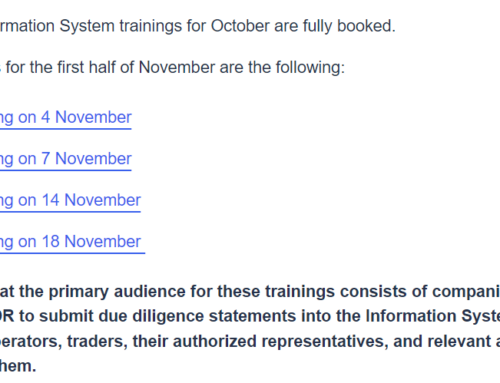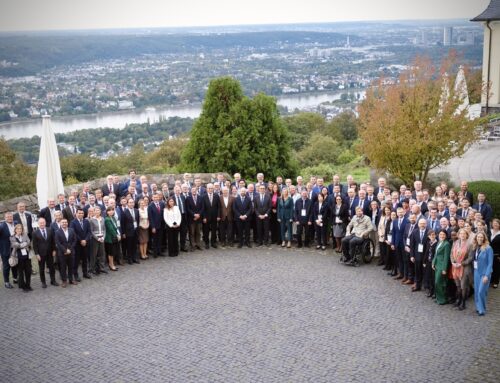
The EU’s new trade defence rules
On 19 December 2017, the European Union implemented important changes to its anti-dumping and anti-subsidy legislation and the European Commission published a report on state induced distortions existing in China. Copy of the new Regulation is available on the Official Journal of the European Union
Following its publication in the EU's Official Journal, the revised legislation enters into force just over a year after being proposed by the Commission. It introduces a new way of calculating whether dumping has occurred in imports into the EU from countries where the economy is distorted owing to state interference.
The purpose of this new legislation is to make sure that Europe has trade defence instruments that are able to deal with current realities – notably state-induced distortions which too often lead to overcapacities – in the international trading environment, while fully respecting the EU's international obligations in the legal framework of the World Trade Organisation (WTO).
The standard way of calculating dumping is to compare export prices with domestic prices or costs in the exporting country. If, due to state intervention in the economy, domestic prices or costs are distorted, the Commission will disregard these when calculating domestic value. Instead, it will use other benchmarks reflecting undistorted costs of production and sale.
The new methodology can apply to any WTO member. Before applying the new methodology, it will be necessary to show that significant distortions exist in the economy of the exporting country as a result of state interference. To do this the Commission will examine all the evidence presented in the course of an investigation, including by the EU industry. The Commission may also prepare reports describing the economies of certain countries or sectors in this context.
In parallel with the publication of changes to the EU's anti-dumping legislation, the Commission has today released the first country report envisaged by the new legislation. The Commission selected China for the first report because the bulk of the EU's anti-dumping activity concerns imports from that country.
The report published today describes factually certain aspects of the Chinese economy, focusing on the country's macro-economy; the main production factors used in all manufacturing processes (e.g. labour, energy); and certain sectors of the economy, including steel and ceramics.
Other reports will be prepared on the basis of the same criteria: their relative importance in the EU's anti-dumping activity, as well as indications that there may be distortions related to government interventions in the economy. The next country report will concern Russia.
The EU industry may rely on the country reports as evidence to request the use of the new methodology in anti-dumping investigations. In the course of each investigation, the Commission will examine if the use of the new methodology should be applied based on all the evidence in the file. All parties concerned by an investigation, including the government of the country concerned as well as exporting producers, will have the opportunity to comment on and disprove any findings made in the reports in the course of the relevant investigations.
Social and environmental standards can play a role under the new methodology. When selecting the appropriate representative third country for the purpose of replacing costs, besides the per capita gross national income or other relevant economic indicators, the Commission would also take into account the level of social and environmental protection in the representative source country.
The new methodology will also strengthen the EU anti-subsidy legislation so that, in future cases, any new subsidies revealed in the course of an investigation can be investigated and included in the final duties imposed.
Source: European Commission
Related Posts
Contact
EUROPEAN ORGANISATION
OF THE SAWMILL INDUSTRY AISBL
Rue Montoyer 24/box 20
BE-1000 Brussels
Tel.: +32 2 287 08 68
Email: info@eos-oes.eu



